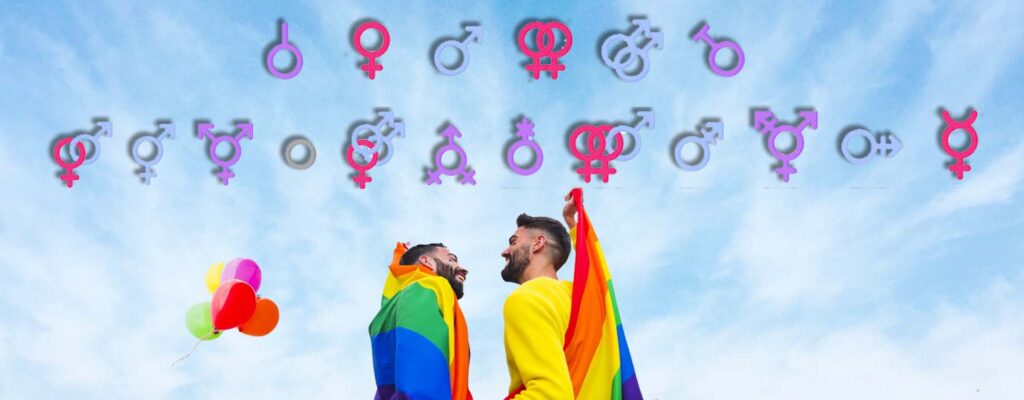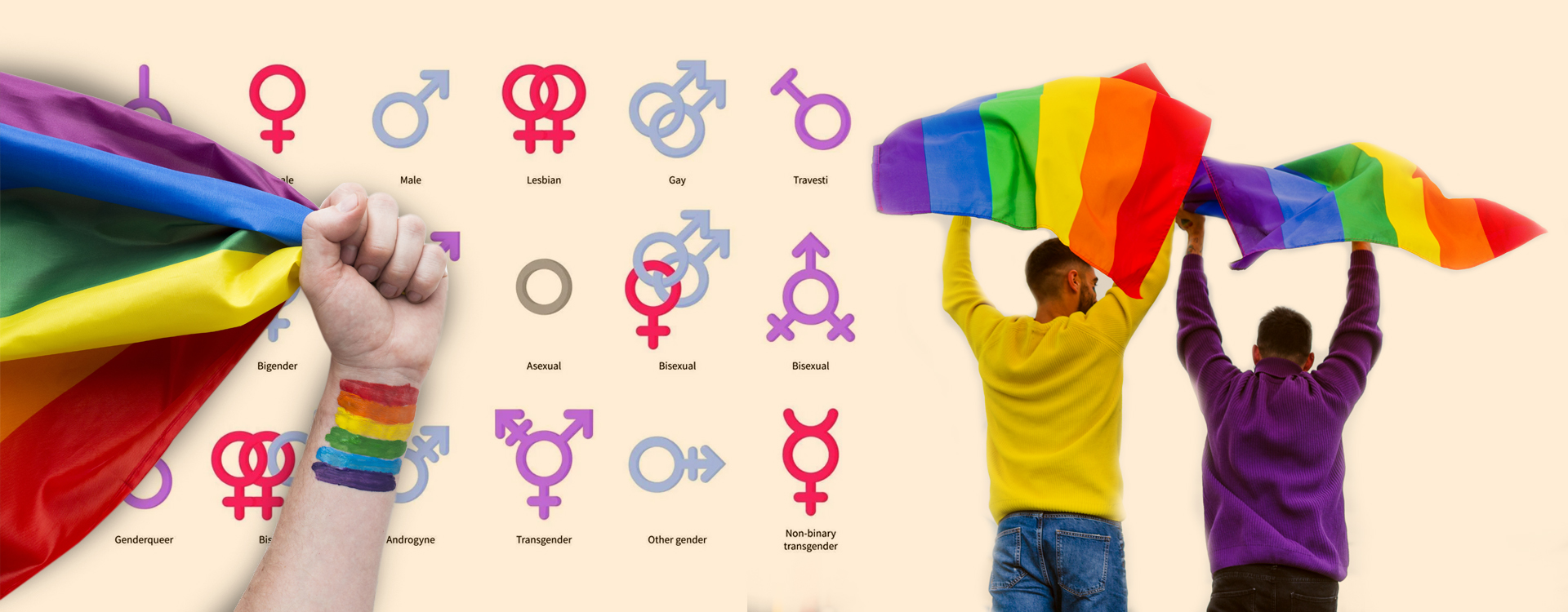Over the decades, India as a nation, has come a long way in terms of accepting and incorporating the LGBT (Lesbian, Gay, Bisexual and Transgender) community into our society. In recent years this has translated well into workplace inclusion for companies big and small. In fact, it has become a vital part of how a company is perceived in the public eye in terms of workplace ethics.
Ways in which you can prioritise LGBT inclusion in your hiring process:
1. Show Your Pride – Be Loud and Clear
Show your company’s support for the fight for inclusion and the LGBT community, take it a step further and build a very blatant and publicly visible image for the company that shows your commitment to people of different gender identities. Participate or even sponsor events as part of Pride Month, get out into the community and initiate awareness campaigns. Whatever the course of action, remember that celebrating and advocating for the LGBT community does not have to be restricted to just Pride Month.
2. Make the Message Ring Clear: No Discrimination Whatsoever
Make it clear and well-heard that, as a company there is no discrimination or preferential bias towards those of a different sexual orientation. Establish strict anti-discrimination policies within the company and ensure that all your employees and staff know that there is zero-tolerance for any such behaviour. Provide all staff and management with educational and diversity training on a regular basis.
‘‘
It is crucial to consider both the existing employees as well as new employees from the LGBT community when making sure that an inclusive work environment is created.
3. Be Proactive in LGBT Recruitment
Even if you state clearly that the company hires without any bias to gender identity or the LGBT community, that does not necessarily mean you will attract the diversity you are aiming for. Expand your recruitment efforts beyond your immediate network to local community job boards, job fairs, schools and universities. Go as far as to get in direct contact with members of the LGBT community to help spread the word. Get in touch with event organising like Pride Circle, an organization founded in 2017 to promote the inclusion of lesbian, gay, bisexual, transexual and intersex people in the workforce.
4. Make LGBT Inclusion Part of the Brand’s Mission
Re-orient your brand’s mission to be inclusive of the LGBT community. Beyond just words on a page that state inclusivity, display that inclusion to candidates. Many companies have taken to redo their logos to display the Pride Flag or rebrand their advertisements in favour of LGBT support. The point is to physically display your support as opposed to just words on a page.
5. Don’t Forget to Consider Your Existing Internal Team
Keep in mind that for many of your existing employees, especially in the Indian context, it might be the very first time that they interact with members of the LGBT community. Give them the sensitivity training they need in order to ensure that they do not inadvertently offend someone of a different gender orientation. Reach out to LGBT support organisations to help you in this awareness-building process. Something as simple as addressing a person the right way, for example, goes a long way.

An LGBT Friendly India: A Nation on the Move to Progress
The LGBT acts in India have witnessed a major overhaul over the past few years. One of the landmark changes that happened took place in September of 2018 when the Supreme Court came to a historical verdict by decriminalising homosexuality by partially striking down Section 377 of IPC. Even as recent as 2019, The Parliament passed the Transgender Persons (Protection of Rights) Act, which has its own shares of pros and cons as it provides the protection of Transgender rights but prevents the self-determination of oneself as Transgender. While these new acts are far from perfect, they do set a precedent for a new wave of thinking, and are a positive indication of change on the horizon.
As the world watched, the second oldest High Court of India – Madras High Court – gave a loud and clear message of upholding the rights of people of the LGBT community in the case of Sushma Vs. Commissioner of Police, Greater Chennai and others on June 7, 2021. The landmark decision came after a Lesbian couple from Madhurai, eloped to Chennai to seek protection from their disapproving parents and harassment from the police with whom the parents has registered an FIR.
Some of the major highlights of the case were:
The High Court asked the Ministry of Social Justice and Empowerment (MSJE) to enlist the aid of NGOs and community-based groups to aid in these LGBT community issues.
The Court ordered sensitivity programmes to be conducted for police and prison authorities, district and state legal service authorities, officials in the judiciary, physical and mental health professionals, education institutions, health work, public or private institutions as well as parents of people from LGBTQIA+ community.
The High Court also ordered the Union government to prohibit and take action against any and all attempts to ‘medically cure’ or change the sexual orientation of people of the LGBT community.
Justice N Anand Venkatesh made it abundantly clear that in any event where such FIRs are filed against people of the LGBT community when they elope and given that they are legal adults, no action is to be taken against them and that there should be no harassment from the authorities.
The High Court also ordered for changes to be made in short-stay homes, Anganwadi shelters, and “garima greh” (a shelter home for transgender persons) for any member of the LGBT community, who require shelter.
Above all, what makes this such a historical move is that Justice N Anand Venkatesh, moved for all parties involved in the case, including himself to be thoroughly briefed, educated and counselled by psychologist and LGBT community members to better understand same-sex relations before he passed a verdict. He was quoted as saying, “I have no hesitation in accepting that I too belong to the majority of commoners who are yet to comprehend homosexuality completely. Ignorance is no justification for normalising any form of discrimination…”
For a 23-year-old writing on this topic makes me proud of the paramount Indian judiciary system. It is ruling such as these, which proves India’s acceptance of the Westminster model of governing a state works; continuing the faith in the Indian judiciary.




